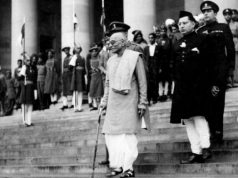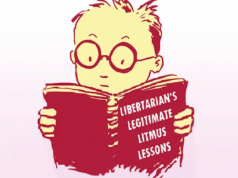In this article, English classical economist Prof. William Harold Hutt answers how India can progress most rapidly from relatively very low average standards of living to standards comparable with those achieved in Western Europe and the United States.
Given the inevitable onset of a recession in the Indian economy, his ideas, presented for the first time in 1964, remain as important today as they were then. While summing up the article, Prof. Hutt argues that India’s rapid development will depend upon the success with which:
- thrift can be encouraged by a taxation system which does not discriminate against the provident;
- the foreign capital needed can be attracted by the creation of faith that nationalisation or confiscatory taxation will be avoided and by official acknowledgement of the reasonableness of foreign control of foreign capital accepted;
- enterprise generally can be fostered by explicit official recognition of profit as the reward for wise and responsible direction of productive activity;
- a climate of economic justice can be created through constitutional entrenchments whereby legislation or private agreements which discriminate on grounds of race, caste or income will be unconstitutional and void;
- the temptation to distort the form of development by tariff or quota restraints on imports can be overcome;
- the mechanisation of agriculture can be hastened so that the economies of large- scale cultivation can be won side by side with industrialisation;
- the political incentive to invest public capital in spectacular, grandiose schemes can be resisted and an appropriate time sequence in development permitted;
- the determination of prices, wage-rates and outputs by private coercion (as through strikes or boycotts) can be forbidden;
- inflationary policy can be renounced, a major incentive to corruption (which accompanies the repressed form of inflation) being thereby eliminated; and
- unbridled population growth can be prevented.
Even after 55 years, one can clearly see that these prescriptions remain timeless and note that no Indian government has worked seriously on these long term solutions to instil rapid economic growth. Our misguided policies are largely ad-hoc and continue to lead us from one slowdown to another.
Access the full document here.
First Published in the Forum of Free Enterprise in August 1964.
Other editions of the publication can be accessed at Indian Liberals, an open, multilingual digital archive committed to preserving liberal voices in the Indian public sphere.
Post Disclaimer
The opinions expressed in this essay are those of the authors. They do not purport to reflect the opinions or views of CCS.






